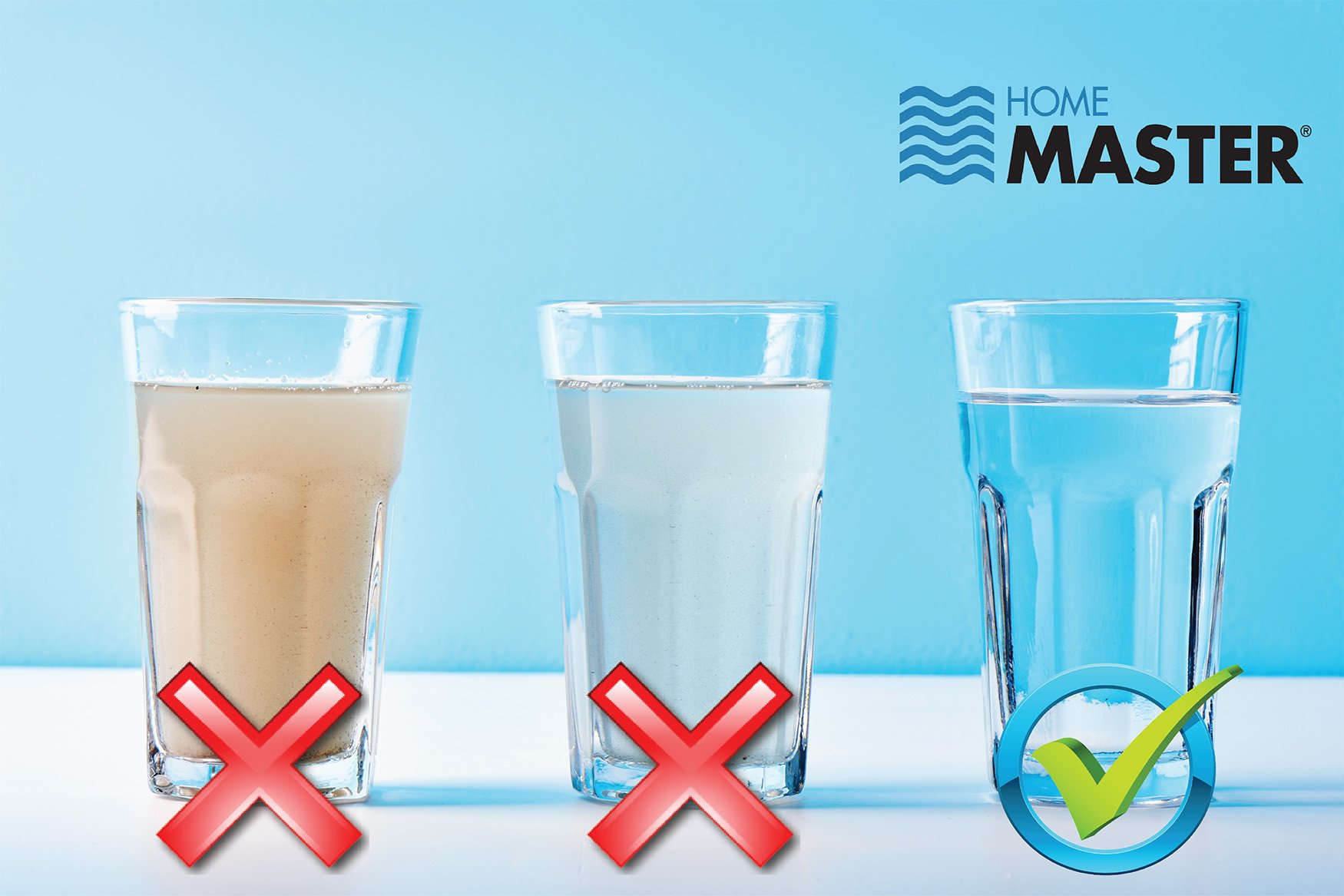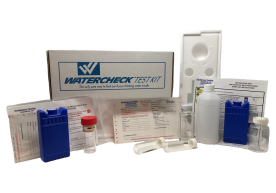
Tap water is treated to make it safe, but that does not mean that your tap water is free of waterborne contaminants. It may also have qualities to it that negatively impact its taste.
Filtering water is often the answer, but which filtration method should you use? One of the best is reverse osmosis.
How Does Reverse Osmosis Work?
Reverse osmosis works by putting a solution under pressure and forcing it through a filter, which allows the smaller molecules of water to pass through while leaving the larger molecules of the contaminants on the other side. This allows it to remove most contaminants (in fact, it's part of the process of desalinating seawater to make it drinkable). It's called reverse osmosis, because the high pressure reverses the natural process of contaminants flowing through a membrane from contaminated liquid to clean liquid. It's even used in some other processes, such as purifying maple syrup.
This works better than typical charcoal-based filters at getting rid of excessive levels of fluoridation in your water (which can affect your bones and teeth) and is also helpful for removing various other contaminants. One downside is that it tends to waste water, and so-called zero waste units tend to only put the waste (contaminated) water into your hot water tank, where it can still end up on your hands or dishes.
Advantages of Reverse Osmosis
The biggest advantage has already been mentioned: Reverse osmosis gets rid of more contaminants than most ways of filtering water, including lead, particulates, salts, etc. But reverse osmosis systems also have some other advantages.
- Improved taste. By removing more contaminants, reverse osmosis eliminates unpleasant tastes and smells from your water. This also means that your water won't affect the taste of beverages made with it such as tea or home-made lemonade. Some water contaminants can create quite noticeable tastes and smells, such as sulfur.
- Better than bottled water. Resorting to bottled water for drinking can get very expensive, very quickly. Also, using all of that plastic is bad for the environment, and some bottled water companies are getting water from places that are bad for the environment, such as places that are suffering from drought. You also won't have to lug bottled water around.
- Better water for your pets, fish, and plants. Pets are even more vulnerable to contaminants in the water than we are, due to their smaller size. Houseplants don't do well with some of them either. RO removes contaminants that can be toxic to fish - but make sure to consult with your vet prior to use as fish need varying amounts of minerals, salts and pH levels in their water.
- Cheaper than using filtered pitchers. While filtered pitchers are a decent solution for smaller households, the cost of filters can add up, as can the time purchasing and installing replacement filters. You also don't have to worry about dealing with the pitcher, but can drink water straight from the tap, which is much more convenient. In-fridge water dispensers and ice machines can also be connected directly to the RO system. Water stored in pitchers can absorb CO2 from the air acidifying it.
- Filters only have to be changed once a year if you get a quality system. Look for one which recommends fewer filter changes as this generally indicates higher quality filters that do a better job of removing contaminants. You do need to make sure that you change the filter as recommended and perform any other maintenance the system requires.
Reverse osmosis systems are particularly valuable if your water tends to be brackish or contain nitrates, radionuclides, and heavy metals. However you should obtain a full laboratory analysis of any highly contaminated water prior to purchase and compare the results to the purification system’s operating parameters to ensure you are using the right tool for the job. Highly contaminated water may require a different mix of pre-filters and membrane types. RO systems should include an ultraviolet light filter if you are particularly concerned about microscopic organisms and parasites. A UV sterilizer can kill bacteria and viruses. This will add an extra layer of protection for you and your family in case of a microtear in the membrane which allows viruses or bacteria to pass through.
What Should I Look For When Buying a Reverse Osmosis System?
Because reverse osmosis is slightly more expensive than other systems, whole house RO filtration is recommended only for specific situations. Usually, when you have a well in an area that results in high levels of water contamination. In this case, whole house filtration is necessary to make the water usable. If you do have a well, make sure to get your water tested and send your report to an expert, who can help you choose the best purification system for your specific circumstances.
You also want to choose a system that includes remineralization. Remineralization adds calcium and magnesium to your water, which balances the pH and improves the taste. Otherwise, the water you get from RO systems may actually be “too pure.” What we taste when we drink water is the minerals in the water, not the water itself, so remineralization is important to improve the taste.
Avoid so-called zero-waste systems. As already mentioned, they generally pipe the waste water into your hot water tank. Or they keep running it through the system, which shortens the life of the filters. Instead, choose a system that uses a permeable pump, which reduces water waste by as much as 80%. These pumps are powered by the waste water flow and thus use no electricity. They also increase the speed at which the tank fills, improving your water pressure.
The Perfect Water RO Filtration System
Home Master reverse osmosis systems can be ordered with a permeable pump, refrigerator connection kit for refrigerator dispensers and ice makers, and high flow RO faucets. The system is efficient, user-friendly, and because we replace the filter housing each year has fewer leaks. Contact us to get more information on the benefits of reverse osmosis water and how The Perfect Water can help you get better drinking water in your home.





